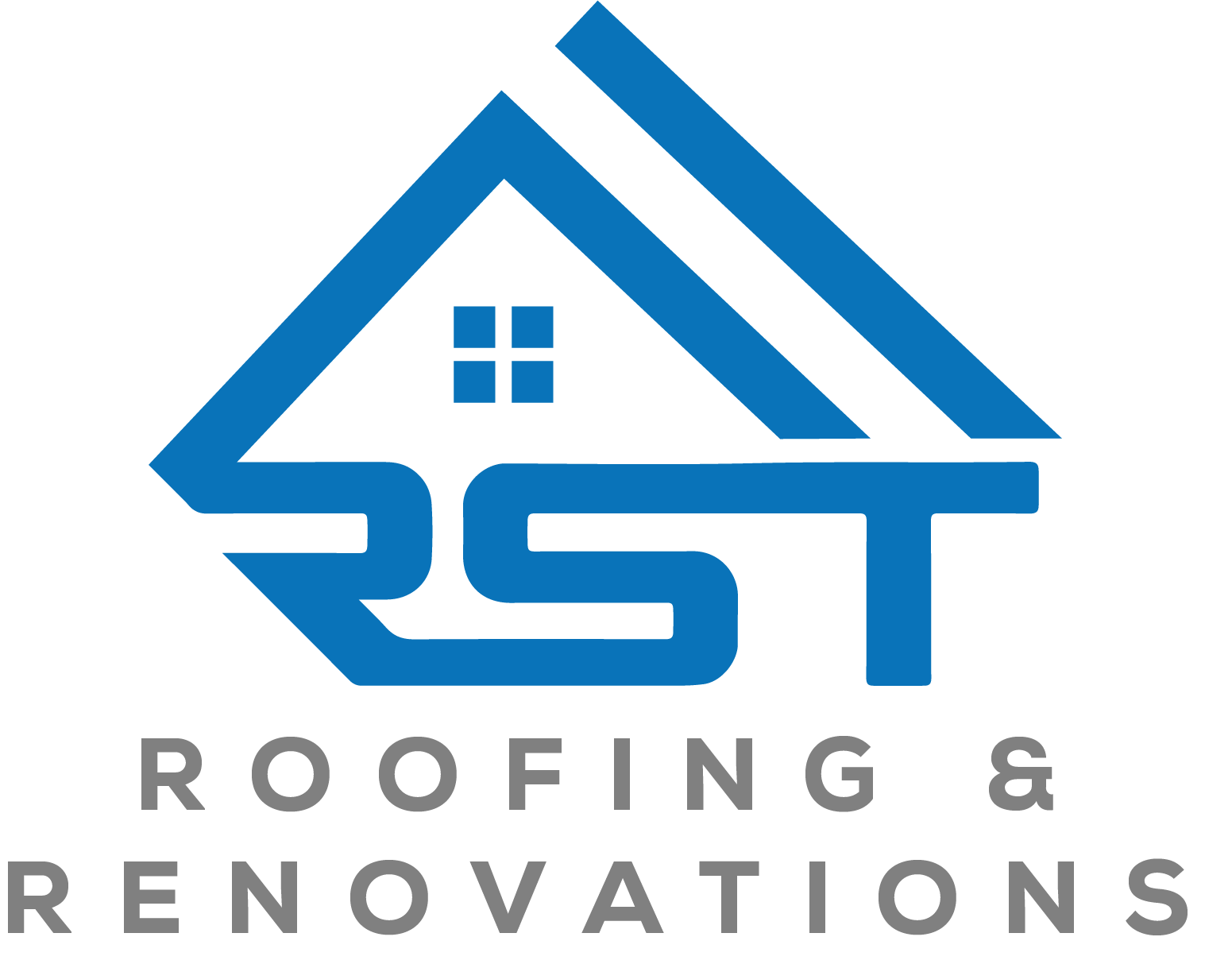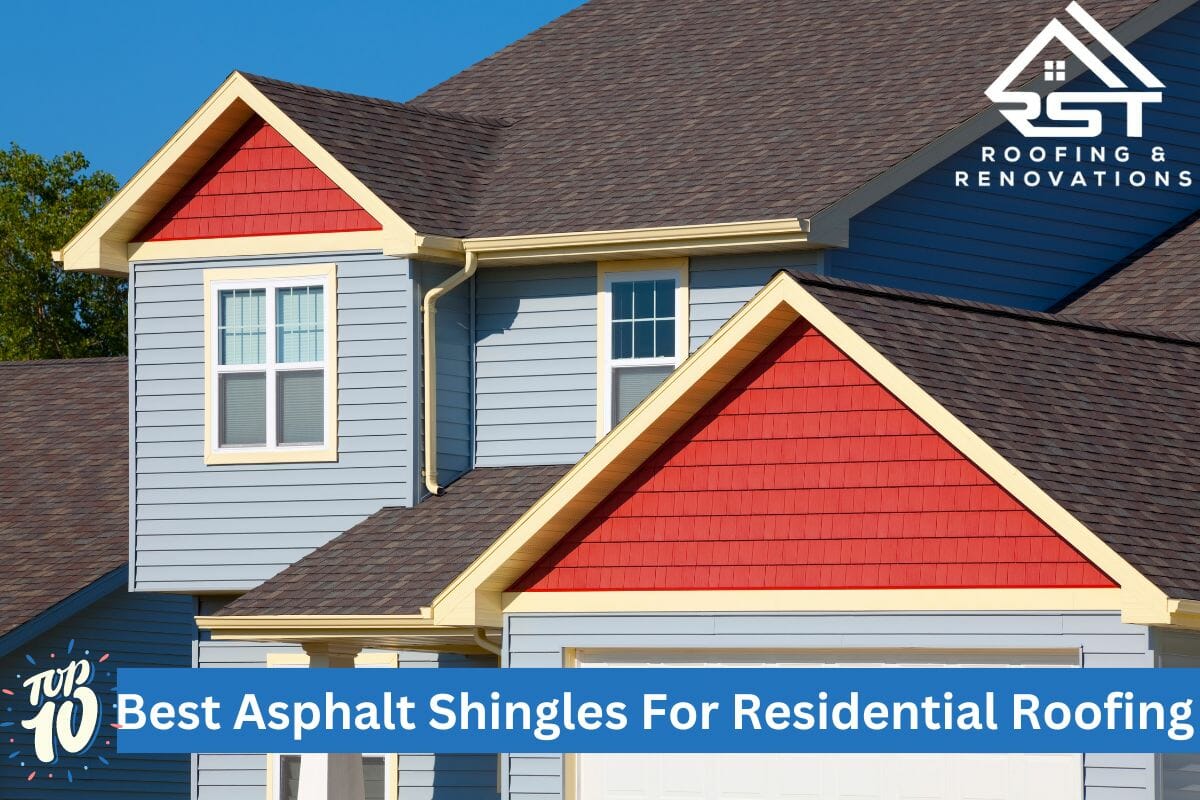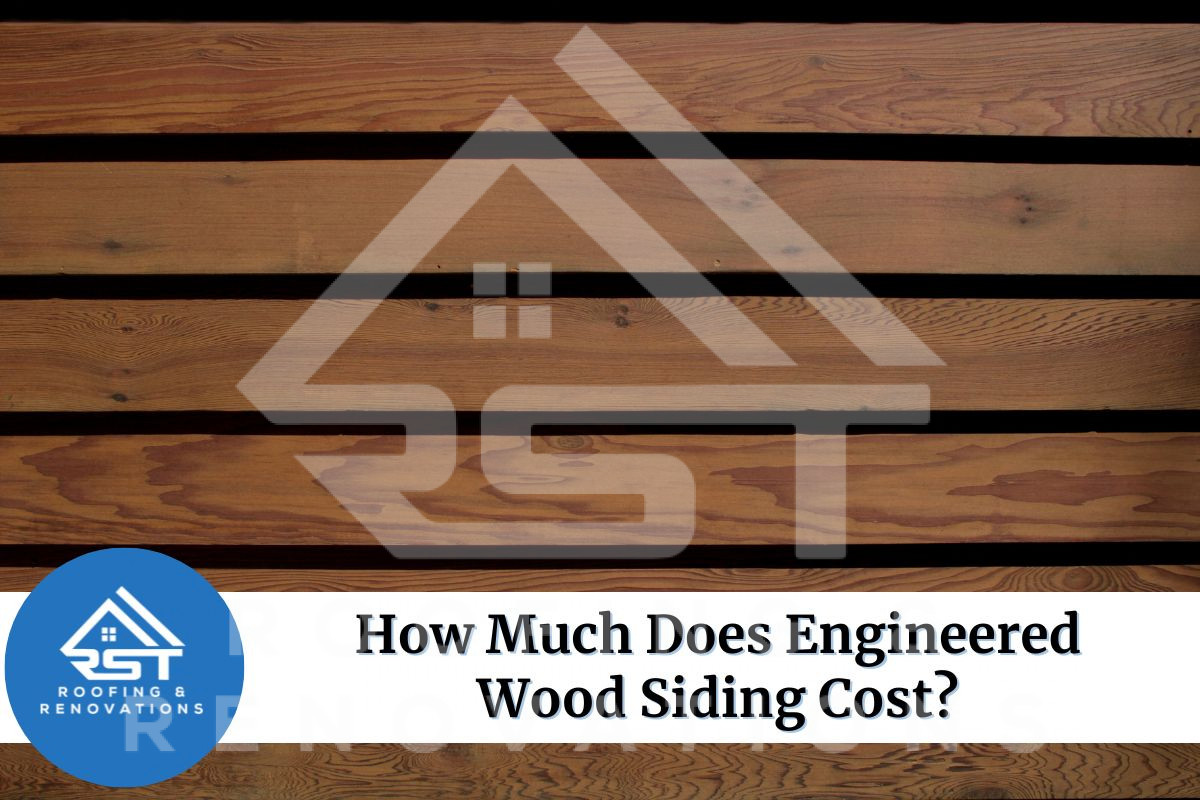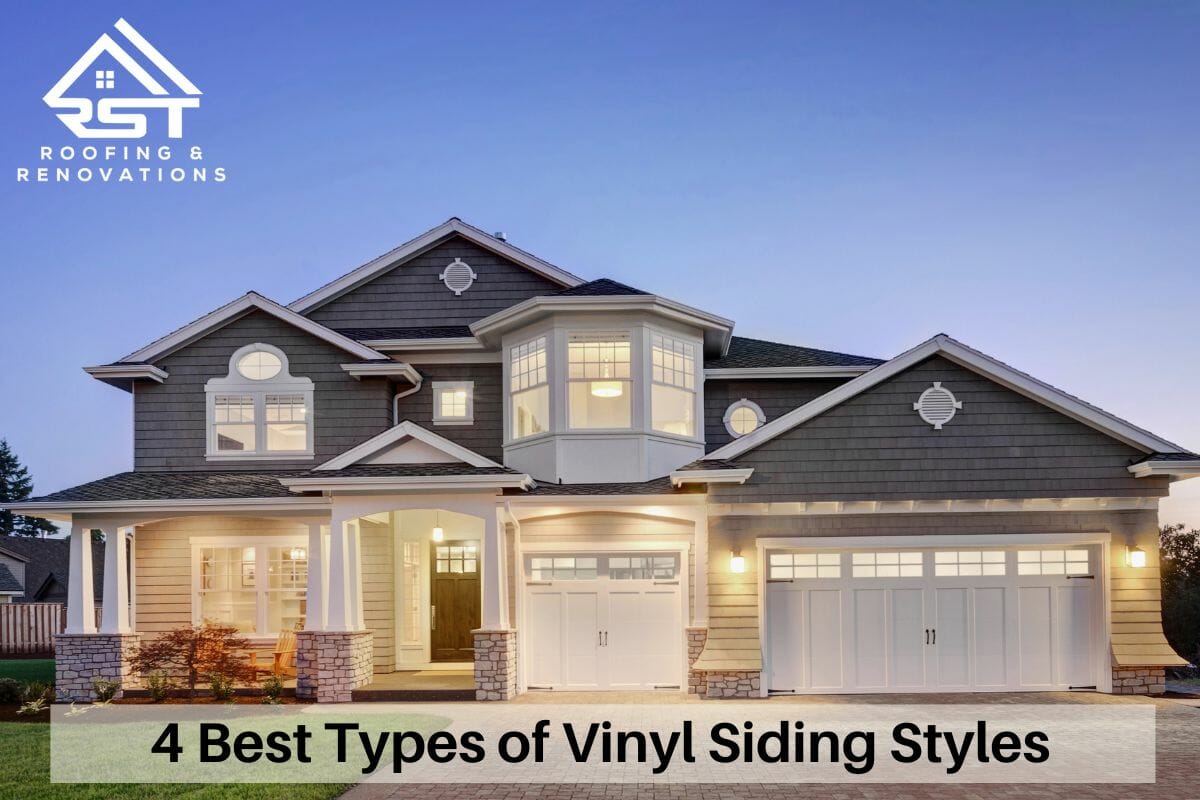
As a homeowner, you’ve probably heard about vinyl siding and its popularity. It’s often praised for being affordable and coming in various styles. However, it’s important to understand the disadvantages of vinyl siding before making a final decision for your home.
At RST Roofing and Renovations, we aim to provide valuable insights that are important for you to know as a building owner. In this blog post, we’ll explore the potential drawbacks you might face if you choose vinyl siding. While it’s still a good option for siding, we believe being fully informed will allow you to make a choice that lasts for years to come.
#1 Warping and Buckling
One of the primary disadvantages of vinyl siding is its tendency to warp or buckle. This happens when the siding panels bend or twist out of shape. You might notice this if:
👉 The siding wasn’t installed correctly, especially if it was fastened too tightly.
👉 Your area experiences extreme temperature changes, causing the vinyl to expand and contract.
When warping occurs, you’ll see gaps between panels, which can make your home look unkempt. To avoid this, it’s best to hire experienced contractors who understand how to install vinyl siding properly.
#2 Moisture Problems
Although vinyl siding is supposed to protect your home, the panels can sometimes trap moisture behind them. Moisture problems can arise from:
👉 Poor sealing around windows and doors.
👉 Using foam backing that doesn’t allow water to drain properly.
If water gets trapped, it can lead to mold growth and even rot the wooden structure of your home. To prevent this, make sure your home has good ventilation and schedule regular inspections to catch any issues early.
#3 Fading
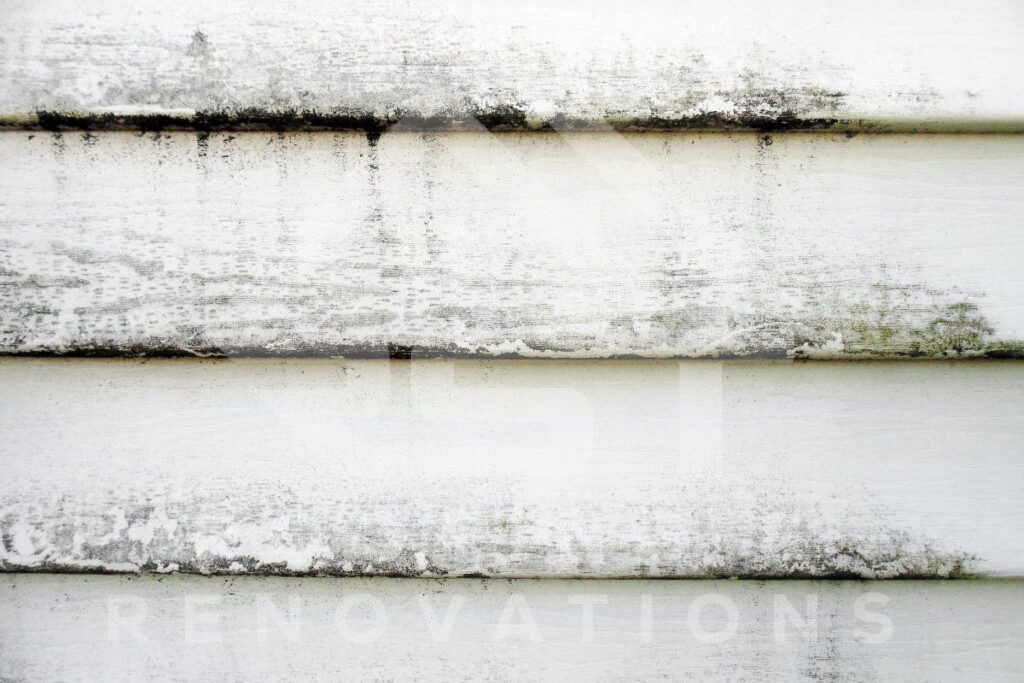
Over time, you might notice that your vinyl siding starts to lose its color, which is a common disadvantage of vinyl siding, especially if the colors are dark. The UV rays of the sun are the main culprit here. You’ll likely see more fading on the sides of your house that get the most sunlight.
To minimize this issue, consider choosing high-quality vinyl with built-in UV protection. Although it might cost more upfront, it could save you from having to replace faded siding sooner than expected.
#4 Cracks
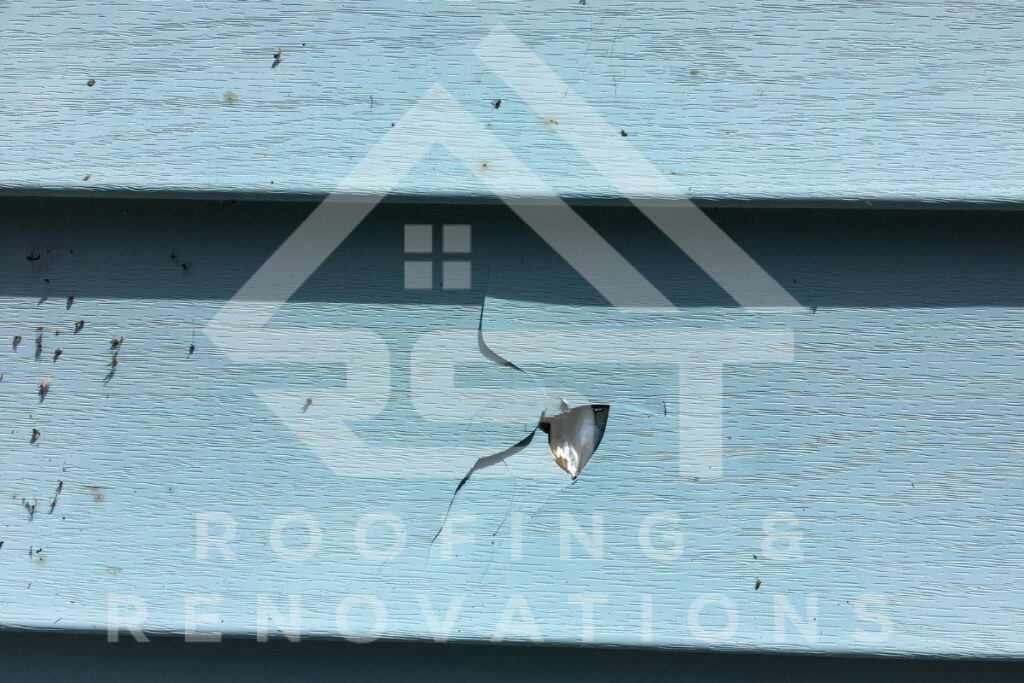
Cracking is another weakness you should be aware of when considering vinyl siding. Cracks can occur due to:
👉 Extreme temperature fluctuations that cause the vinyl panels to expand and contract.
👉 Impact from objects like hailstones or tree branches.
Once your siding cracks, it’s not just unappealing to look at, it can let water in, leading to more serious damage. If you live in an area with harsh weather, you might want to think about thicker vinyl or even alternative materials.
#5 Melting
You might be surprised to know that vinyl siding can melt under certain circumstances. This is one of the disadvantages of dark vinyl siding in particular. Melting can happen when:
👉 Temperatures get extremely high in hot climates.
👉 Sunlight reflects off nearby windows or other reflective surfaces.
👉 The siding is too close to heat sources like grills or fire pits.
Melted siding not only looks bad, but can also compromise your home’s protection. If you live in a hot area or love to barbecue, you might want to reconsider vinyl or at least be very careful about its placement.
#6 Noise Issues
Have you ever heard strange noises from your walls? With vinyl siding, you might. Some homeowners report hearing:
👉 Rattling during windy weather.
👉 Popping sounds as the temperature changes.
These noises often result from improper installation or the natural expansion and contraction of the material. While not a structural concern, it can be annoying. By hiring a reputable contractor, you can make sure your siding is installed in a way that minimizes these noise issues.
#7 Installation Challenges
While not a problem with the material itself, installation challenges are worth mentioning when discussing the disadvantages of vinyl siding. Poor installation can lead to:
👉 Misaligned panels that create gaps.
👉 Incorrect fastening that doesn’t allow for proper expansion and contraction.
These installation issues can make other problems, like warping and moisture infiltration, even worse. That’s why it’s important to choose a trusted, experienced contractor for the job.
#8 Pest Infestation
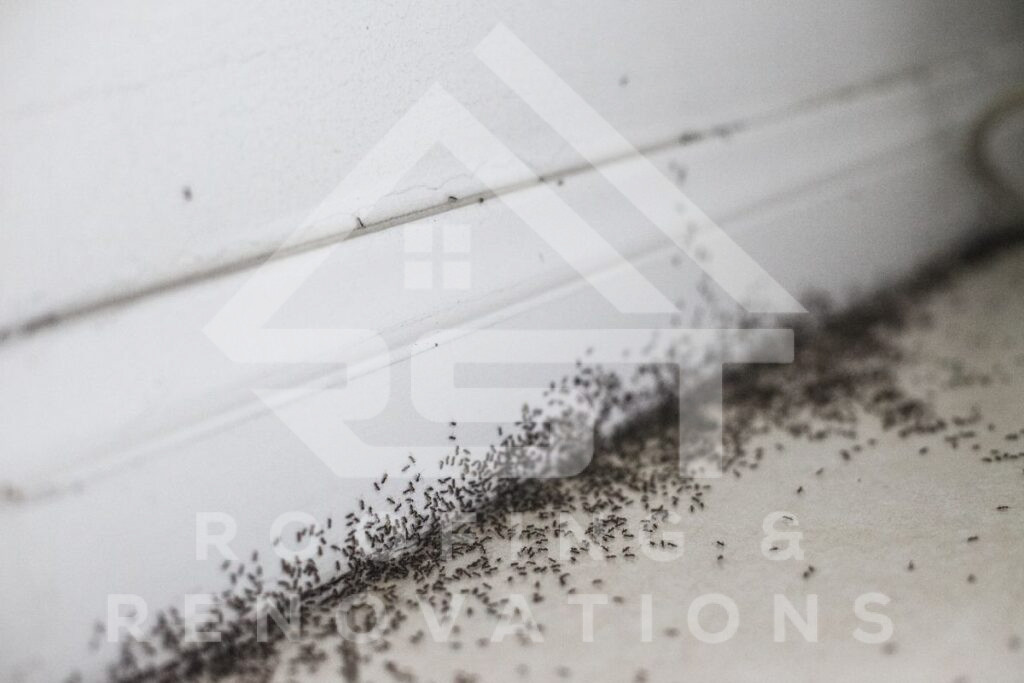
Believe it or not, vinyl siding can sometimes attract pests. Small gaps or cracks can provide entry points for insects, and if there’s moisture behind the siding, it can create an ideal nesting spot for various critters. Regular inspections and prompt repairs are very important for preventing pest problems.
Final Thoughts
Before making any decision for your home, make sure that you weigh the pros and cons and factor in your building’s requirements along with the local weather conditions.
Remember, what works for one homeowner might not be the best choice for another. Take the time to research, consult with trusted professionals, and consider alternative materials before making your decision. Your home is a valuable investment, and choosing the right siding is an important part of protecting it for years to come.
Call RST Roofing and Renovations For Professional Siding Installation In Decatur, Georgia
If you are looking for durable siding installation in Decatur, GA, and the nearby areas, then we are here to assist you! At RST Roofing and Renovations, we know that choosing the right contractors to install your siding is a big decision. That’s why we’re committed to earning your trust through our expertise, quality workmanship, and dedication to customer satisfaction.
Our team stays up-to-date with the latest installation techniques to make sure that your home gets the protection and beauty it deserves. To get a custom quote today, feel free to call us at (404) 548-8901.


